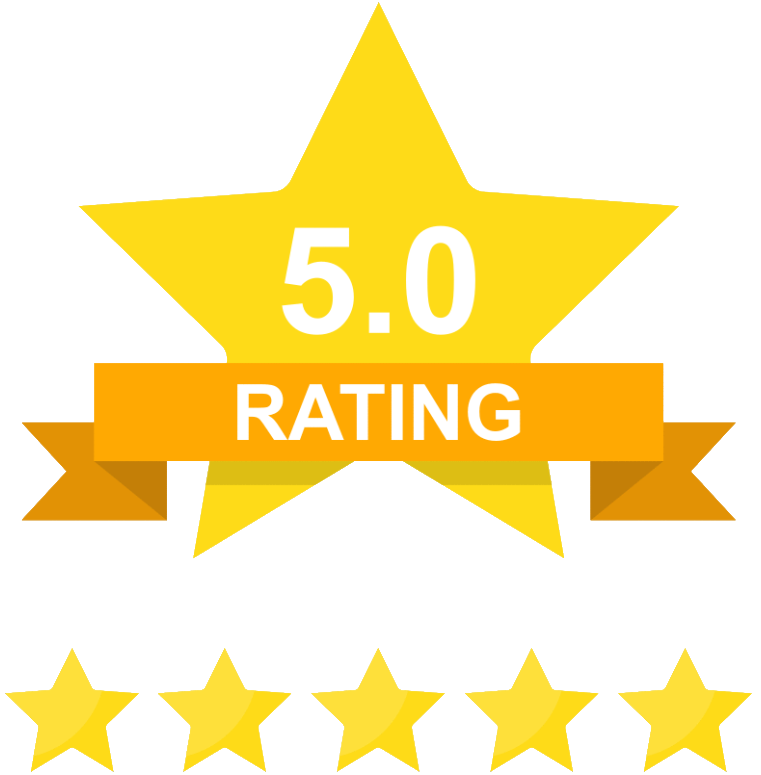
Buying a property in Spain is a dream for many international buyers. From sunny Marbella to the vibrant streets of Barcelona, Spain offers an excellent lifestyle, solid investment opportunities, and a warm climate all year round.
But before you sign the proceeding, it’s essential to understand the real costs of buying a property in Spain. Many buyers focus only on the purchase price, but in reality, there are several additional expenses that can add between 10% and 15% on top of the property price.
In this article, we’ll give you a clear breakdown of all the costs involved so you can plan your budget with confidence.
Property Price
Obviously, the price is the first expense to be taken into account when purchasing a property in Spain.
It is important to bear in mind that some of the expenses involved in the purchase of a property are calculated as a percentage of its price; therefore, when considering the purchase of a particular property, it is important to remember that the higher the price, the greater the purchase expenses will be.
Property Transfer Tax (ITP) or VAT + Stamp Duty
The main expense involved in the purchase of a property in Spain is the tax applicable to the transaction which, depending on whether the dwelling being purchased is new or second-hand, will be of one type or another:
Resale property: In the event that you purchase a resale property, the tax that you will have to pay will be the Property Transfer Tax (ITP). This tax has been transferred by the State to the regions, and therefore its amount will vary depending on the region in which the property is located, normally ranging between 6% and 11% of the price of the property.
New-build property: On the other hand, if you buy a new-build property, you won’t have to pay ITP, but VAT and Stamp Duty (AJD) instead, which is usually more expensive than the former. The VAT for a new-build property is 10% (as of 2025), and the Stamp Duty (AJD) usually ranges between 0.5% and 1.5%, depending on the region where the property is located, as this tax is also transferred to the regions by the State.
This is often the single largest extra cost when buying in Spain.
Notary Fees
Every property purchase in Spain must be signed before a notary, so you should always take notary fees into account when buying or selling property in Spain.
The final amount of notary fees cannot be calculated precisely upfront, as it depends on many different factors (number of pages, copies, documents requested, etc.), but you can expect to pay around €1,200.
Land Registry Fees
After signing the deeds, the property must be registered in the Land Registry under your name. Although it is not strictly mandatory by law, it is something you should definitely do if you want your rights to be protected.
The Property Registry fees for the registration are usually around €800.
Legal Fees (Your Lawyer)
As with the previous case, it is not mandatory by law to use a lawyer in property conveyancing, but it is highly advisable in order to protect your interests. A good lawyer will look after you in all aspects of the transaction, such as checking the property’s legal status, negotiating the conditions of the deal, and drafting high-quality agreements.
Standard fees are around 1% of the purchase price + VAT, although this can vary slightly.
Mortgage Costs (If Applicable)
If you are financing your purchase with a mortgage in Spain, there will be extra expenses related to the mortgage loan contract, which would need to be analysed on a case-by-case basis.
Additional Costs to Consider
Apart from the purchase process itself, you should also plan for the expenses related to owning the property:
- Ongoing property taxes (IBI and garbage collection rates): all properties are subject to the payment of a local annual tax called IBI (an acronym for “Impuesto sobre Bienes Inmuebles”, the Spanish property tax), as well as annual garbage collection fees.
- Community of owners’ fees: if the property is part of a condominium, you will have to pay your share of the expenses on a regular basis, and the amount can vary significantly from case to case.
- Home insurance: not mandatory, but highly advisable. It will protect you against unforeseen events.
- Non-resident tax (IRNR): this tax applies to non-residents on the presumed income they may obtain in Spain from using their property as an investment. As surprising as it may sound, the State imputes undeclared rental income to non-resident owners and charges them an estimated amount of what they would have to pay in such a case. The annual amount and the payment frequency depend on various factors (whether you are actually renting the property or not, the level of income, the value of the property, etc.).
Example: Total Costs in Practice
Let’s say you are buying a resale apartment in Marbella for €300,000. Your total costs may look like this:
- Purchase price: €300,000
- Transfer Tax (ITP at 7%): €21,000
- Notary: €1,200
- Property Registry: €800
- Lawyer: €3,000
- Total amount: €326.000 (approximately)
That’s around 8.5% extra on top of the purchase price. For a new-build, the figure would be slightly higher because of VAT and Stamp Duty.
Final Thoughts: Plan Ahead Before Buying in Spain
The Spanish property market is one of the most attractive in Europe, but it’s essential to plan with a realistic budget that covers not only the purchase price but also all additional costs such as taxes, legal fees, and registration expenses.
As a general rule, you should set aside 10–15% of the property price for these extra costs. By doing so, you will avoid unpleasant surprises and enjoy peace of mind throughout the buying process.
If you are considering buying a property in Spain, having a trusted local lawyer who understands both the Spanish and UK markets will make the transaction smoother, safer, and faster.
At our law firm, we specialise in guiding international clients through every step of the property purchase or sale process, ensuring full legal security from start to finish.
Contact us today for a free initial consultation and let us help you make your Spanish property dream a safe reality.
Your first step is 100% risk-free:
- No obligation to proceed
- First consultation completely free
- Qualified Spanish lawyers only
- Clear, personalised legal advice
- All fees disclosed upfront
- 100% remote process, no travel needed
